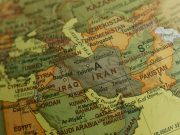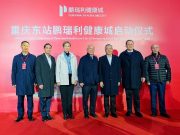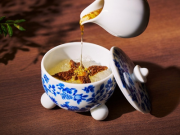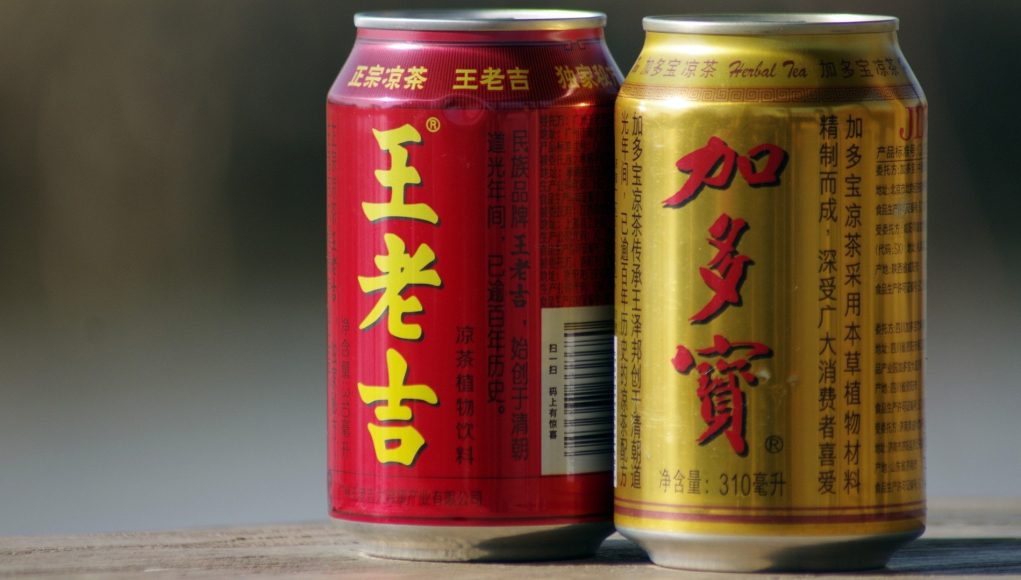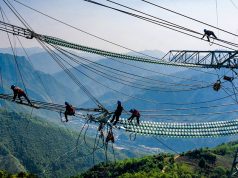(SINGAPORE 2025.10,16) They are now called the “Coca-Cola and Pepsi-Cola of China” — not just for their similar appearance and taste, but also because their long-running rivalry mirrors the century-long on-and-off feud of the Colas.
They are none other than China’s most famous canned herbal drinks — Wang Lao Ji (王老吉) and Jia Duo Bao(加多宝) — whose appeals are based on the traditional Chinese belief that herbs help reduce internal heat. However, unlike the Colas, their rivalry is deeply personal: Jia Duo Bao was once a partner of Wong Lo Kat and had split from the brand. From the outset, the two have been at odds over their “genetic” similarities.
A decade ago, the “Red Can dispute” between the two went down as a landmark clash in China’s business history. Now, the rivalry has spilled beyond China, reaching global markets and triggering a fresh wave of both overt and covert competition, reported Juchao WAVE (巨潮 WAVE), a Chinese media platform focused on in-depth business analysis.
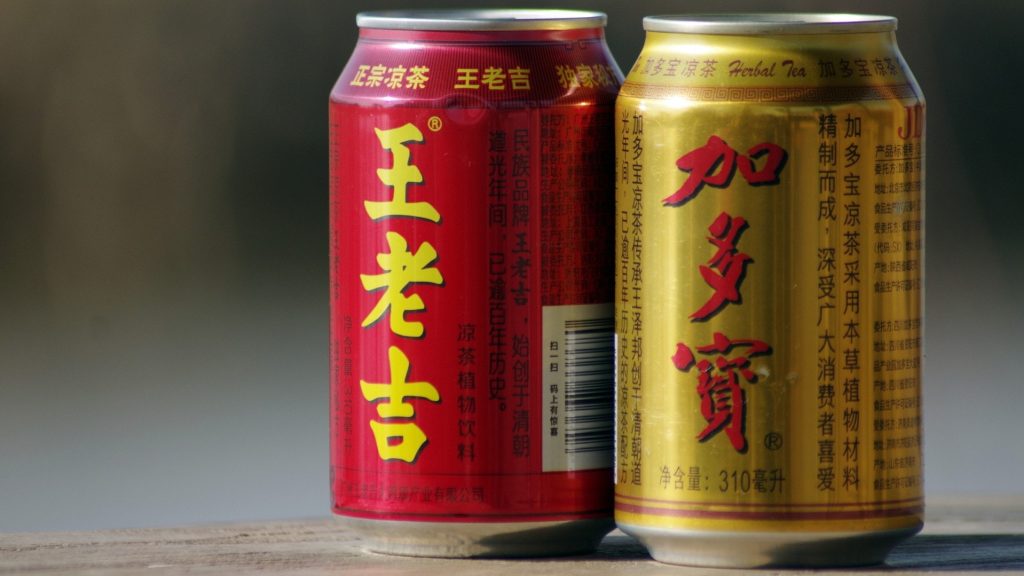
The “Red Can Dispute” refers to the legal and commercial clash between the two companies over ownership of their nearly identical red-can trademark. Wang Lao Ji, a brand owned by the Guangzhou Pharmaceutical Group (广药集团), originated the signature red-can packaging. Jia Duo Bao, managed by Hung To Holdings (鸿道控股), initially served as its distributor and manufacturer, producing and selling the tea using the trademark red can.
In 2012, the partnership broke up. Guangzhou Pharmaceutical claimed the Wang Lao Ji trademark as their property while Jia Duo Bao argued they had the right to continue selling the red-can recipe. The case was settled in 2017 when China’s supreme court decided that both could use the iconic red-can packaging.
But their truce broke on September 30 when Jia Duo Bao posted an article on its WeChat account titled “Jia Duo Bao Triumphs in Protecting Its Canadian Herbal Tea!” The piece reported that courts in Canada and the European Union agreed that Jia Duo Bao’s affiliated company Wanjie (万捷) has the legal right to use the trademark of Wang Lao Ji in more than 60 countries and regions across the world.
That evening, Wang Lao Ji responded swiftly with a statement, calling Jia Duo Bao’s claims “grossly misleading and oblivious to facts,” and alleging that it had “maliciously registered trademarks worldwide through Wanjie.”
Wang Lao Ji also announced that by September 30, 2025, it had successfully registered a series of trademarks including “Wong Lo Kat” and “WALOVI” in more than 100 countries and regions around the world.
Last Friday, Jia Duo Bao issued yet another statement asserting that it had acquired its recipe from the descendants of Wang Lao Ji, the formula’s supposed creator, in the 1990s, and that it had legally obtained ownership of the Wang Lao Ji trademark outside of China as early as the 2000s.
Again, on the same night, Wong Lo Kat retorted bluntly: ‘Go to the hospital if you’re ill; go to court if you have an issue. Thank you!'”
Juchao WAVE pointed out that both companies had started expanding abroad a long time back, but since herbal tea products had only gained global traction only recently, their conflicts had not spilled into the open earlier.
The platform observed that it is inevitable that Chinese herbal tea brands would go overseas: the Chinese market is saturated—or even shrinking—while foreign consumers are still growing a taste for these beverages. Previous experience suggests that Chinese drinks can find international acceptance, making global expansion a shared strategic goal for both Wang Lao Ji and Jia Duo Bao. Their frictions arise from this combination of favourable overseas opportunities and their overlapping ambitions.
The data reveals a clear trend. According to a report by Zhiyan Consulting (智研咨询), China’s herbal tea retail market has experienced fluctuations since 2016. Over the ten-year period from 2014 to 2023, overall growth amounted to only around 20%, indicating that the market has entered a plateau. Zhiyan Consulting is a Chinese market research and consulting firm.
According to financial reports of Baiyunshan (白云山), Wang Lao Ji’s parent company, Wang Lao Ji’s core health and wellness segment has faced revenue volatility since 2019. The earnings fell to 9.705 billion yuan (S$1.76 billion) last year, its first decline in a normal fiscal year. Jia Duo Bao’s financial performance is unclear as it is not publicly listed, but its products appear to have found lower market acceptance and sales.
Meanwhile, the global plant-based beverage sector is booming, with a compound annual growth rate of nearly 10% between 2019 and 2024. That is a remarkably strong performance for the generally stable beverage industry.
In recent years, the tea and herbal beverage market in China has been flooded by many new products, such as the red bean and coix seed drink of Genki Forest (元气森林), steadily drawing consumers away from traditional herbal teas, JuchaoWAVE noted.
Also, milk tea brands like Mixue Bingcheng (蜜雪冰城), HeyTea (喜茶), and Nayuki (奈雪)have become ubiquitous, also offering plant-based beverages. High visual appeal and strong social buzz have helped these drinks capture the young consumers.
But for over ten years, Wang Lao Ji and Jia Duo Bao are embroiled in a zero-sum battle, concentrating excessively on legal disputes while failing to work on product differentiation and enhance user experience. Their extended conflicts have steadily drained their financial and managerial resources, diverted their business focus, and caused them to miss growth opportunities, stalling innovation, lamented JuchaoWAVE.
Herbal tea could in fact serve as China’s cultural export to influence the international market. Both companies could gain substantially by joining forces to diversify the category and steering it away from one mantra: “easing heat”. Wang Lao Ji and Jia Duo Bao could choose to achieve a true win-win by abandoning their rivalry, the platform concluded.


